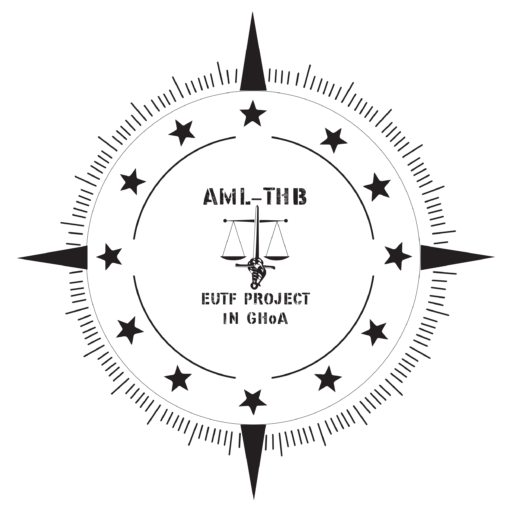Part 1: Intro
- Training title: Regional Training on Asset Recovery – Confiscation, Management and Virtual Assets (Advanced Course)
- Training location: Virtual (online)
- Training dates: 11 – 15 October 2021
Training participants: 50 asset recovery, financial investigation, prosecution, and financial analysis experts from 11 countries and ARIN-EA Secretariat
Part 2: Context
Organised criminals to a large extent are motivated by financial and material benefits despite the associated risks of arrest and convictions. Transnational organised Crimes (TOCs) are estimated to generate hundreds of billions of US Dollars. According to ILO 2014 report, the Sub-Saharan Africa region alone is believed to generate about $13.1 Billion from forced labour exploitation only. Effective anti-money laundering (AML) and asset confiscation measures are necessary to identify and disrupt criminal networks and financial operations that deter criminals and their networks, ensuring that no crime benefits.
AR is often a lengthy and complex process that involves multi actors and a wide range of technical knowledge and skills that most countries of the Greater Horn and Southern Africa region lack. The value of recovered assets compared to the prevalence of organised crime and corruption is minimal. In this regard, in May 202, the AML/THB Project successfully caried out a regional training on basics of Asset Recovery, in collaboration with ARIN-EA, aimed at strengthening the conceptual frameworks and processes.
As a continuation of its capacity building efforts, the Project conducted an advanced course training to those who attended the first-round session. This advanced course focused on technical skills of asset/financial investigation, confiscation, and management with an emphasis on virtual assets, which was in response to the requests for training on the same by the trainees. In this training, participants worked through a simulation exercise, “follow the money”: using anti-money laundering and asset recovery tools to investigate corruption based on the training module developed by the World Bank. This exercise enables trainees to apply their knowledge and skills in practice and produce tangible outputs required to produce evidence, trace assets and identify/take necessary actions to confiscate proceeds.
Crime should not pay: Building the capacity of countries in asset recovery and confiscation is instrumental in fighting crime and criminality.
Part 3: Objectives
To reinforce knowledge and skills of the trainees on how to trace, investigate, seize/freeze, recover/confiscate criminal assets. At the end of the training, participants are expected to be able to:
- Better apply methods and techniques of asset investigation and confiscation
- Better understand the concepts, types and techniques of tracing, confiscation and management of virtual assets; and
- Better understand management of assets.
The training Workshop, together with other interventions, is expected to contribute to Improved effectiveness of confiscation of proceeds of crimes contributing to increased value of confiscated assets.
Part 4: Feedback/Review
Overall, the training was successfully accomplished, despite it being virtual and the inherent risk and possibility that it could have affected the quality of interaction and the delivery of the simulation exercise. All trainees who responded to the post-training survey fully agreed that the training had added value to their knowledge and skills and was relevant to their professional improvement.
The participants expressed their interest in doing the simulation exercise on a face-to-face arrangement. The trainers commended the trainees for their commitment and efforts to apply the knowledge and skills in the demanding daily simulation exercise and encouraged them to share the knowledge gained with their colleagues at workplace.

